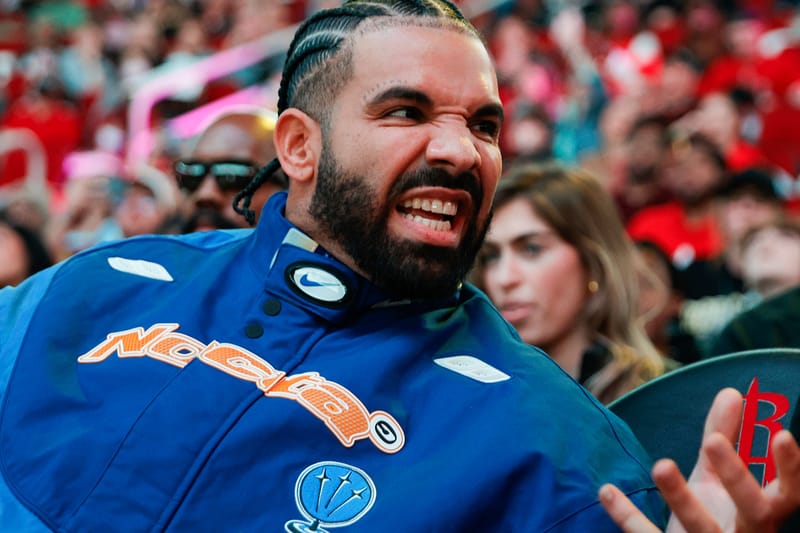
As a longtime fan who has witnessed Drake’s meteoric rise and unwavering dominance in the music industry, it is disheartening to see such a public spat between one of my favorite artists and his record label, Universal Music Group (UMG). I have always admired Drake for his creativity, work ethic, and business acumen, so this situation feels like an unwelcome twist in the narrative.
Drake recently submitted another court filing aimed at Universal Music Group, this time concerning Kendrick Lamar’s song “Not Like Us,” which includes some critical lyrics directed towards him.
According to Billboard, Drizzy is now alleging that his record label is guilty of defamation because it was aware of the song’s content, which falsely accused him of being a predator and pedophile. His lawyers argue that the label could have prevented the release of the track or demanded changes to remove the offensive material, but instead, they chose to promote the song aggressively, turning it into a viral hit to boost their revenues at Drake’s expense.
Prior to giving the green light for its release, Universal Music Group was aware that the song, along with its album artwork and music video, would disparage one of their top artists, Drake, by making false allegations against him. These accusations included labeling him as a sexual predator, suggesting he engaged in pedophilia, housing sex offenders, and committing other criminal sexual acts.
Besides submitting a legal petition in Manhattan court earlier this week, his team has also leveled similar claims against iHeartRadio in Texas court. They allege that UMG might have channeled payments to iHeartRadio as part of a “pay-to-play” scheme, using it to boost the airtime for the song “Not Like Us”.
Currently, all the petitions submitted by Drake are not actual lawsuits at this point, but serve as a means to collect information from executives before escalating into a full-blown lawsuit. Drake’s legal team claims that they already possess sufficient evidence to initiate a “defamation claim” against UMG. If additional damaging evidence is discovered during depositions, they may also include accusations of civil fraud and racketeering in their case.
A lawsuit brought to Manhattan court alleges that UMG and Spotify artificially increased the fame of their song “Not Like Us” by employing bots and payola, which is considered illegal. The complaint asserts that this action contravenes the Racketeer Influenced and Corrupt Organizations (RICO) Act, a law aimed at punishing organized crime activities.
Read More
- Grimguard Tactics tier list – Ranking the main classes
- Gold Rate Forecast
- 10 Most Anticipated Anime of 2025
- USD CNY PREDICTION
- Silver Rate Forecast
- Box Office: ‘Jurassic World Rebirth’ Stomping to $127M U.S. Bow, North of $250M Million Globally
- Mech Vs Aliens codes – Currently active promos (June 2025)
- Castle Duels tier list – Best Legendary and Epic cards
- Former SNL Star Reveals Surprising Comeback After 24 Years
- Maiden Academy tier list
2024-11-27 07:26